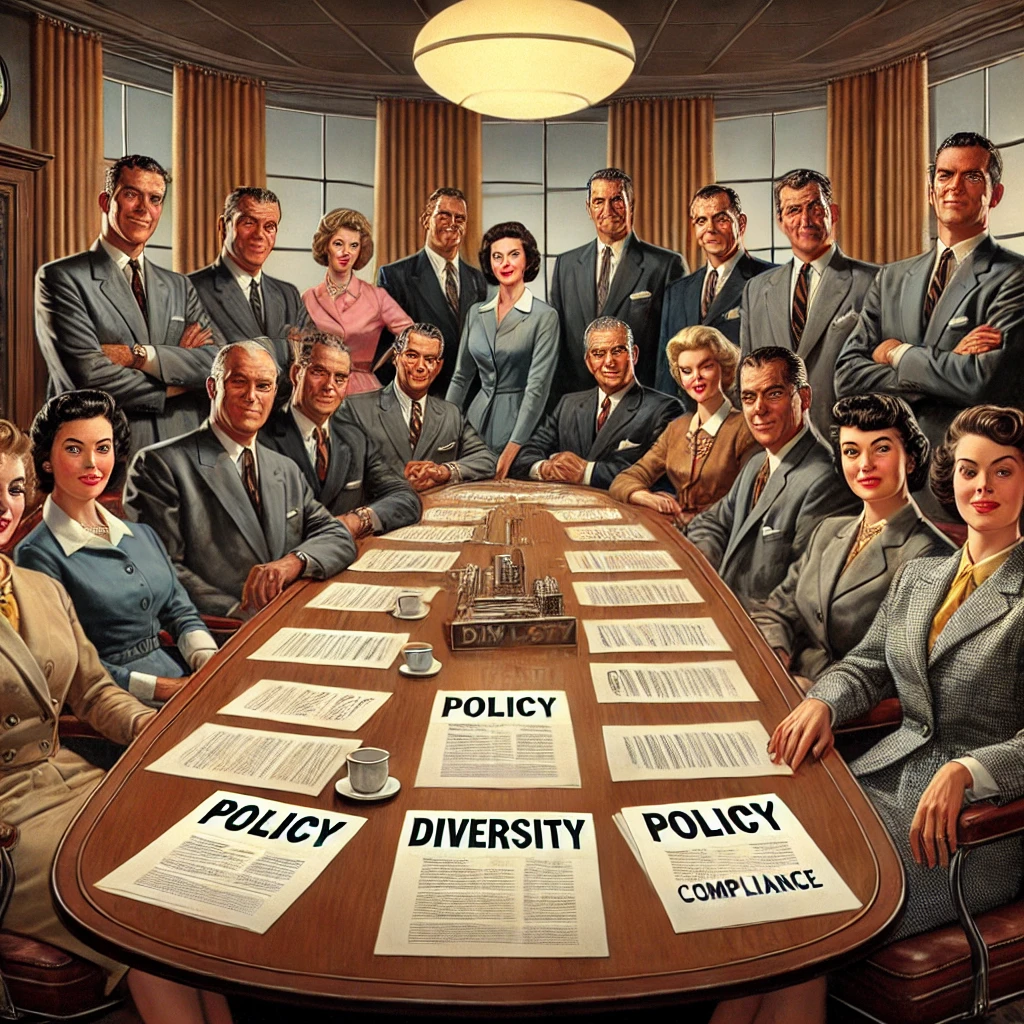
The boardroom chairs swivel. Smooth leather, polished walnut. A gloss over the cracks. The executives nod sagely when "psychological safety" slides onto the agenda. It's the buzzword of the day, the latte foam on the dark brew of work culture. But out in the factory floor’s hum or the glow of the office cubicle, safety isn't a word—it’s a wish.
Australia’s workplace laws draw a line in the sand, demanding action on psychosocial risks. Safe Work Australia's 2022 regulations are clear: bosses must prevent harm. It’s a mandate, not a suggestion. Yet psychological safety—the trust to speak up, to take risks without fearing the hammer—lives outside the law. It's not enforced; it's encouraged. One is compliance, the other a covenant. And between them? A yawning gulf where workers fall.
Legal frameworks offer tools, sharp and efficient. Risk assessments, policies, control measures—all buzz with the right intent. But ask the warehouse picker or the overworked nurse if those tools reach them. Ask if they feel free to voice their pain without retaliation. Silence is often the answer. Not the good kind, but the oppressive one.
Psycological Safety
Psychological safety is the glue that binds trust. It’s not written into spreadsheets or board papers. It's in the nod of a manager who listens, in the courage to say "I need help" without fearing you're next on the chopping block. It doesn’t sprout from a regulation; it’s cultivated in the soil of respect. And it’s missing.
Here’s the truth the capitalists won’t tell you. You can't KPI your way to psychological safety. No clever app or HR dashboard replaces the real work. Workers know when they’re being sold the illusion. They see the CEOs talking diversity while the same boardroom stays white, male, and rich. They hear "mental health matters" in town halls while their workloads double. This hypocrisy is a toxin worse than stress—it’s despair.
Psychosocial risk management should mean stripping workplaces of harm, yet it often stops at optics. A workplace free of harassment, bullying, and overwork isn't a luxury; it's a human right. But the boardrooms frame it as a cost center. They weigh psychological safety against quarterly profits and choose the latter every time. Their leather chairs stay soft. Their consciences harden.
Out there in the mines, in the hospitals, in the call centers, workers soldier on. They are promised safety and handed slogans. They are told to speak, then silenced. The gap between law and life swallows them whole. And those at the top, with their spreadsheets and slick presentations, nod along.
Psychological safety is a revolution, not a buzzword. It’s the workers’ uprising against the tyranny of silence. It’s the coal miner saying, "I won’t tolerate harassment." The retail worker standing up to the manager's bullying. The young coder demanding her voice be heard in a room full of old men. It is messy, loud, and real. It scares those who hold the power.
Because when workers find their voices, the system cracks. And that, my friends, is what they fear most.
